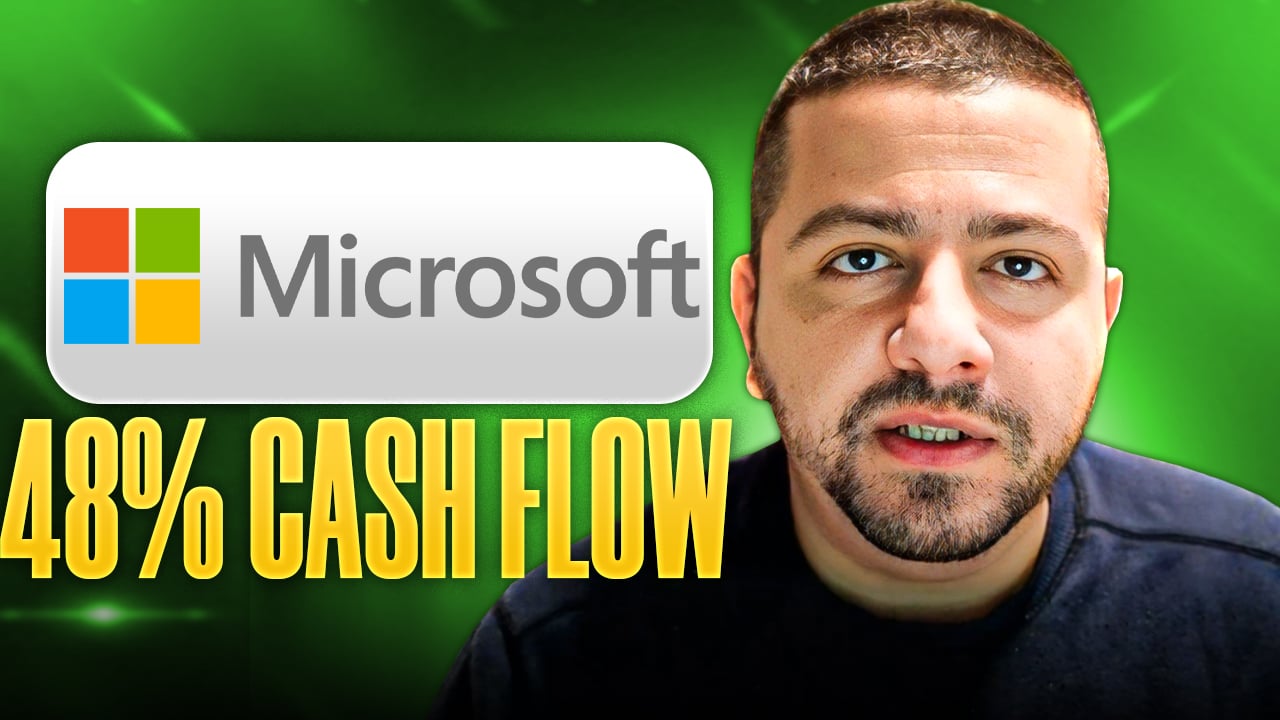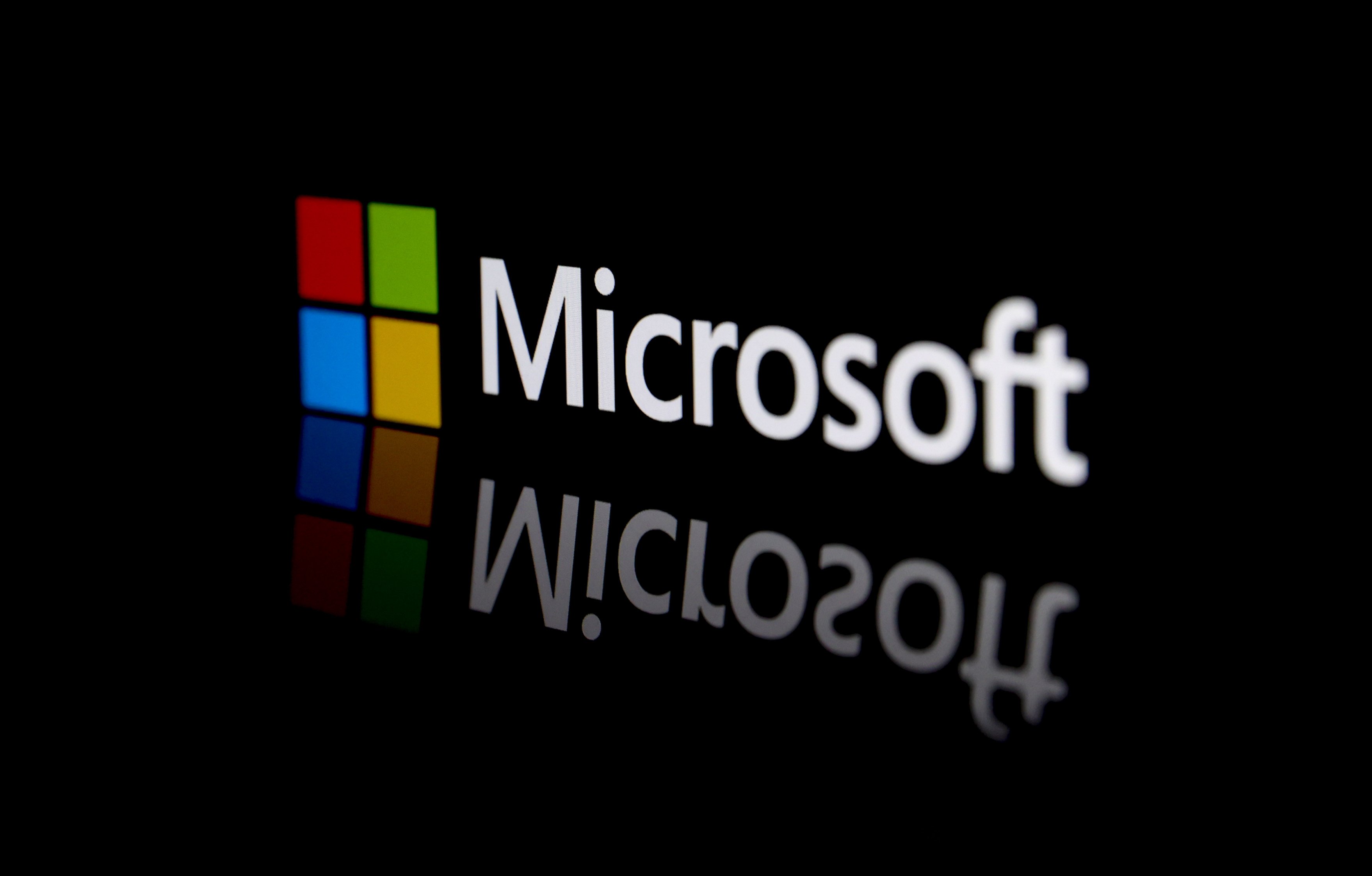You didn't think Microsoft's (MSFT 1.04%) poorly received Surface RT tablet would get all of the discounting fun, did you?
Three weeks after slashing the price of its soft-selling Surface RT, the world's largest software company is cutting the price on its relatively more popular Surface Pro. Buyers will get a $100 price cut through the next few weeks, taking down the price to as low as $799.
This isn't the kind of price cut that will make Apple (AAPL +0.04%) nervous. Google's (GOOG 1.00%) Android as a tablet operating system typically toils in substantially lower price points. However, if Microsoft's goal is to sell more of its machines at a more consumer-friendly price, one can reason that Mr. Softy's success would have to come at the expense of Apple's iPad and some of the higher end Android devices.
Unfortunately for Microsoft, this may not make much of a difference.
Unlike Apple, Microsoft can't afford to go as cheap as it wants to with the Surface line of portable computing devices. It relies on third-party manufacturers to sell their own tablets powered by Windows 8 (and Windows RT in the case of the doomed Surface RT).
Unlike Google's Android, Microsoft's operating systems aren't freely available as open-source. It's not as if there are enterprising third parties out there willing to sell Microsoft-fueled gadgetry for less than cost so that they can profit from the resulting ecosystems.
There is speculation that this weekend's $100 discount -- following last month's larger $150 price cut that pushed Surface RT prices as much as 30% lower to $349 -- is a move to clear inventory ahead of the second generation of Surface hardware. This is certainly possible, but let's not forget that a lack of sales has also triggered price cuts in the past.
We saw dramatic markdowns on PlayBooks and HP TouchPads in 2011, and it wasn't because new models were ready to hit the market. When the market has spoken -- and it has, with Windows failing to gain traction in the critical tablet space -- it's difficult to ignore. Apple may stage late promotions to clear the way for new models, but everybody else has typically discounted its products because they're not resonating with consumers at the higher price points.
It's hard to dismiss Microsoft's marketing muscle. It has certainly invested plenty in Surface ads since their introduction late last year. However, last week we learned that Microsoft generated just $853 million in Surface revenue, translating into less than 2 million -- and potentially just a little more than a million -- tablets sold during the April-to-June period.
The price cut may not be a surrender, but it's definitely a sign of retreat against the larger iOS and Android armies.






